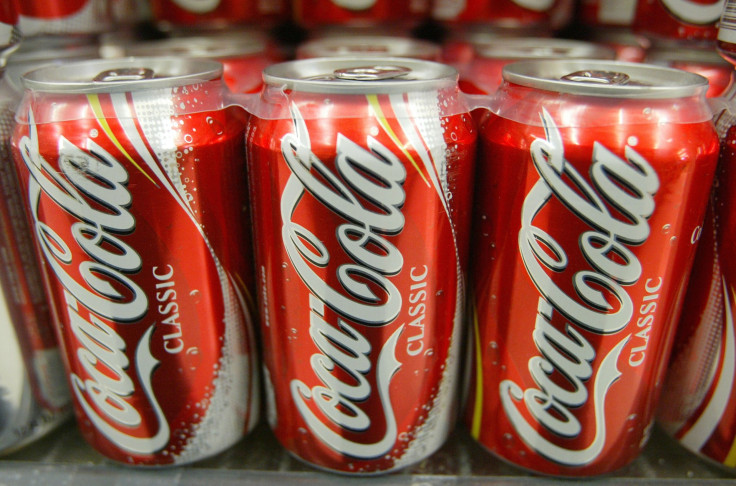Coca-Cola Launching Chu-Hi, Its First Alcoholic Drink In 130 Years In Japan

Coca-Cola is finally venturing into alcoholic drinks, after more than a century of creating carbonated drinks free of alcohol.
Coca-Cola has created an alcopop drink called Chu-Hi — a mixture of distilled shochu alcohol and flavored carbonated water — and will be launched exclusively in Japan. No timeline was specified for the launch of the product, the Telegraph reported.
“This is a canned drink that includes alcohol; traditionally, it is made with a distilled beverage called shochu and sparkling water, plus some flavoring. We haven’t experimented in the low alcohol category before, but it’s an example of how we continue to explore opportunities outside our core areas,” Jorge Garduño, Coca-Cola's Japan president said.
The product is not expected to be sold globally and is supposed to remain exclusive to Japan due to the “unique and special” qualities of the nation’s market. However, with an array of similarly alcoholic beverages — ranging in flavors from kiwi to yuzu — already popular in the Japanese market, Coca-Cola’s Chu-Hi has quite a competitive road ahead of it.
“The Chu-Hi category is found almost exclusively in Japan. Globally, it’s not uncommon for non-alcoholic beverages to be sold in the same system as alcoholic beverages. It makes sense to give this a try in our market,” Garduño said.
The first Chu-Hi product to be released in Japan was called HiLicky, in 1983. Since then, the market for the alcopop drinks has grown massively in the country. On the other hand, the demand for fizzy and sports drinks have been diminishing at a fast rate across the globe, shrinking the market for some of Coca-Cola’s strongest performing beverages at one time.
In 2016, soda pop sales dropped by 1.2 percent in the U.S. — the lowest since 1985 — according to Beverage Digest, which tracked consumption rates across the country. However, decreasing sales did not affect the overall profits of popular soft drink makers like Coca-Cola Co (KO.N) and PepsiCo Inc., as they heavily promoted smaller pack products and premium packaging in developed markets, Reuters reported.
As organizations like the World Health Organization, the U.S. Food and Drug Administration and the American Heart Association ganged up against fizzy drinks, warning consumers to stay away from carbonated products as they have been linked to type 2 diabetes, the beverage companies were forced to reformulate drinks to lower sugar levels and launch sugar-free versions of their products.
“Coca-Cola has always focused entirely on non-alcoholic beverages, and this is a modest experiment for a specific slice of our market,” Garduño said.
Coca-Cola has also been investing into water and tea brands. Wells Fargo analyst Bonnie Herzog speculated last November that the soft drink brand might be venturing into alcohol, as it considered "premium segments such as adult craft beverages".
In 1990s, UK brands such as Hooch, Reef, Smirnoff Ice and Bacardi Breezer made headlines as their low alcohol-containing products were accused of encouraging young people to drink alcohol in large quantities because they were so easy to consume, BBC reported.
© Copyright IBTimes 2024. All rights reserved.






















